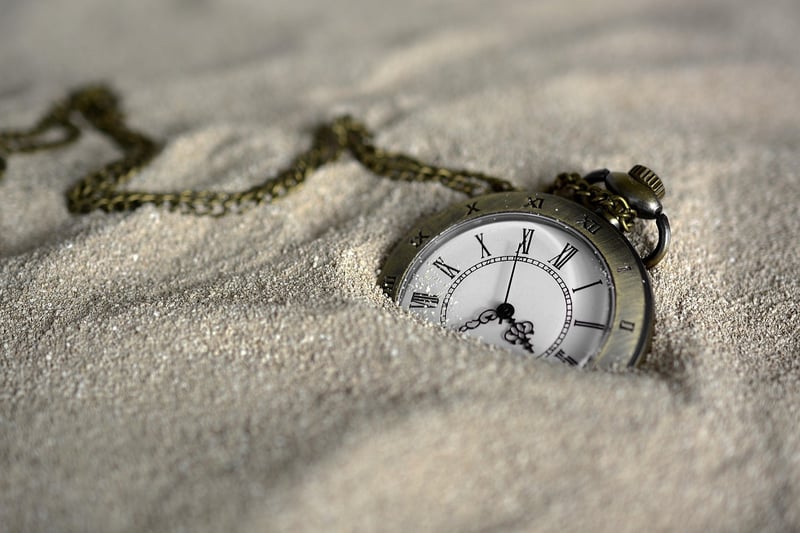Time Paradoxes
The Moral Implications of Time Travel and Time Paradoxes
Time travel has been a popular concept in science fiction for decades, captivating audiences with its endless possibilities and potential consequences. However, beyond the excitement of changing the course of history or witnessing historical events firsthand, time travel also raises significant moral implications and paradoxes that can have profound effects on individuals and society as a whole.
Moral Implications of Time Travel:
1. Changing the Past: One of the main moral dilemmas of time travel is the temptation to alter the past for personal gain or to prevent tragic events. While this may seem noble, it raises questions about the consequences of interfering with the natural course of history and the potential butterfly effects that could result.
2. Responsibility and Accountability: If someone travels back in time and makes significant changes, who bears the responsibility for the outcomes? Should individuals be held accountable for altering the timeline, even if they did so with good intentions?
3. Ethical Considerations: Time travel could raise ethical questions about the impact of altering past events on future generations, the rights of individuals in different time periods, and the preservation of historical integrity.
Time Paradoxes:
1. Grandfather Paradox: One of the most famous time paradoxes, the grandfather paradox, raises the question of what would happen if a time traveler were to go back in time and prevent their grandparents from meeting, thus preventing their own birth. This paradox challenges the idea of causality and the possibility of changing the past.
2. Bootstrap Paradox: In a bootstrap paradox, an object or information is sent back in time in a loop with no clear origin. This paradox raises questions about the origin of events and the concept of free will versus predestination.
3. Parallel Universes: Some theories of time travel suggest the existence of parallel universes, where each possible outcome of a time travel event creates a new reality. This concept challenges our understanding of reality and the consequences of our actions.
While time travel remains a theoretical concept, exploring the moral implications and time paradoxes associated with it can offer valuable insights into our understanding of ethics, causality, and the nature of reality.

For further reading on time travel and its moral implications, you can visit Stanford Encyclopedia of Philosophy - Time Travel.
